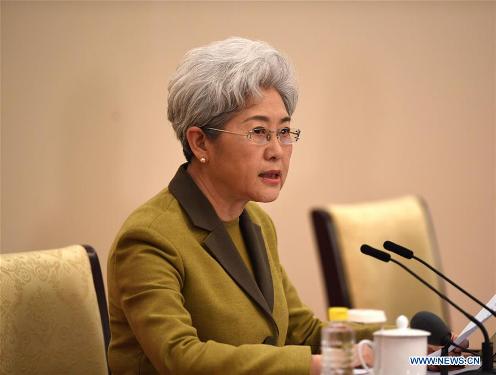Some smart phones are neither smart nor good phones
I have usually been an early and enthusiastic adopter of new technology. I liked the arrival of the mobile phone, thought the internet amazing and welcomed the sat nav. I automated business processes where this could take drudge work out and improve the quality of the product and the quality of work people were asked to do.
I don’t have the same enthusiasm for my so called smart phone. I’m not talking about a particular model or make. The faults of mine are likely to be faults of others.
My main need from a mobile phone is to be able to make and receive phone calls when on the move. I have good internet connections at home and in the office, with a large screen computer, good keyboard for typing, and landline phones that work. I have no wish to use a small screen mobile with variable reception in these circumstances. I need my phone travelling by car (hands free using when parked), walking or on public transport. I take an ipad for computing at my destination or on a train if travelling to a temporary location away from home and work.
The mobile phone has several disadvantages. Because it operates by means of a small screen if there is bright sunlight you cannot read it at all. Even not so bright daylight makes it difficult to read. Because you need to instruct it by touch it becomes finger printed, and often your touch is taken as a different instruction from the one you intended. Trying to type a message is difficult at speed because the letter pad is so small for any given letter. In addition, when the phone rings I need first to scroll the page, and then hit the receive bar on the second frame to appear. All this can take too long so the caller rings off. Quite often my touch does not register in time with the phone. It means a lot of lost calls when out and about. It does not have a long battery life, so on a busy day you have to remember to take a recharger with you and plug it in somewhere.
It is not that reliable on a train and of course cuts out on the tube. Bluetooth links to the car do not always work, unlike the old mobiles which you plugged into the car system by cable which always worked.
It is true it can receive messages, offer me a moving map, provides a modest quality camera and doubtless other things I have not asked it to do. What I can’t accept is that is a smart phone. The truth is its a dumb phone, a not very good one. I just lose more calls with it. The old phones just required you to press one button to receive a call, and plugged into the car which also recharged them.
read more

